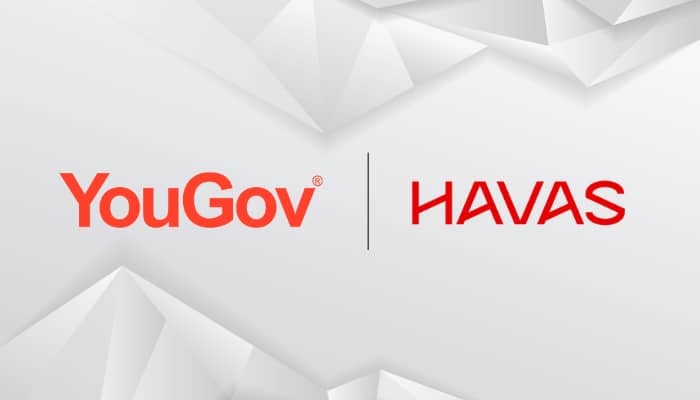Singapore – Singaporeans are planning to embark on more trips in 2025, with a significant portion planning multiple holidays, according to a survey by research company YouGov for fintech company Revolut. However, more are experiencing financial anxiety due to travel costs.
YouGov and Revolut’s survey shows that over 25% of Singaporeans have either taken or plan to take at least three leisure trips in 2025, while more than half are set for one or two holidays.
Among Singaporeans, Malaysia is the top popular destination (43%), followed by Japan (36%) and China (30%). This outbound travel trend is largely driven by 25 to 44-year-olds, who comprise 59% of all international spending.
Despite the increase in travel, luxury experiences remain a niche for most Singaporeans. 89% of Singaporeans allocate less than 30% of their travel budget to luxury experiences. Only 1% dedicate 71 to 100% of their budget to high-end travel, indicating a preference for a more value-conscious approach.
The majority of Singaporean travellers opt for a blend of mid-range and budget-friendly choices. 46% of respondents allocate 0-30% of their travel to budget options, while 17% dedicate 71-100% of their trips to budget-friendly choices.
Moreover, a significant portion of Singaporean travellers are planning to work during their trips in 2025. 30% of Singaporeans are planning to go on a workation, similar to the 2024 data.
Despite the eagerness to travel, financial concerns remain a major hurdle. The survey identified unexpected expenses and emergencies as the top financial worry for 47% of Singaporeans when travelling. Other significant concerns include card fraud or security risks (38%), overspending (38%), hidden costs (37%), and high exchange rates (36%).
Even in the digital age, 17% still face limited bank access abroad and struggle to track expenses in real-time. Some also worry about the affordability of travel insurance. Only 10% of Singaporeans reported having no financial concerns when travelling.
“Revolut was founded on the belief that money shouldn’t get in the way of exploring the world. From real exchange rates with no hidden fees, to multi-currency wallets, instant spend alerts and on-the-go fraud protection, we’ve built tools that help travellers move smarter, safer, and with total control. As work and life become more global, Revolut is uniquely positioned to support this next chapter — wherever the journey leads,” Ashley Thomas, head of strategy & operations at Revolut Singapore, said.













